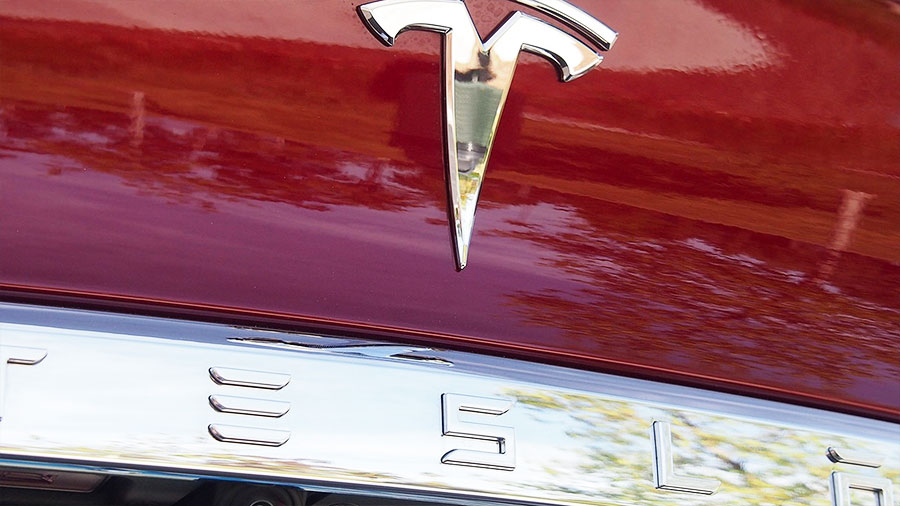Tesla’s Shanghai Issues Illustrate Increasingly China Competitive, Asian Alternatives

- Move highlights coming US legislation and move to alternative Asian manufacturing hubs.
Op/Ed by Chris Devonshire-Ellis
Reuters have reported that Tesla has postponed plans to expand its new Shanghai facilities due to rising US-China tensions. If the reason given is true – and not a negotiating tactic – it indicates that the US-China decoupling rhetoric, which to date has come from the US political class, may be spreading into the corporate sector.
This would be the first sign that a major US company and global business brand may be basing its business decisions on the repercussions of geopolitical tensions. If so, it could become a game changer in the process of decoupling, because if Tesla moves in that direction, then other US-owned and other foreign companies will begin to do the same.
At this juncture, it is only a speculative report, and the information purposely leaked to gauge reactions. However, the potential loss of a new-generation and high-profile export manufacturer from China – Tesla had planned to use the Shanghai plant as a global export hub – will be a considerable blow.
Three scenarios are likely – either that Tesla truly feels the US-China relationship has or will shortly deteriorate to such an extent that it would damage their global sales potential, or they are using the political differences to extract land use concessions from Shanghai, or are eying alternative, perhaps less expensive manufacturing locations elsewhere.
That second scenario fits in with previous statements made by the company, with Elon Musk, Tesla’s CEO stating last year that the company had plans to “expand factories in Asia outside China.”
Speculation has been rife since then that locations for this could be in either Japan or South Korea, where the sourcing of certain component parts, such as semi-conductors, could be better guaranteed should the US pass the ‘Strategic Competition Act’, which would seriously restrict Chinese access to such components.
However, there are other Asian markets that could also prove attractive and less expensive than Japan or South Korea. India has a large, inexpensive labor pool and is unlikely at this stage to fall foul of US trade restrictions; Tesla established a manufacturing facility in Bangalore earlier this year and may well be redesigning its corporate budgets in favor of Indian competitiveness over China.
Thailand is another potential choice; the ASEAN country has an extensive auto supply chain infrastructure and is a regional hub. Both India and Thailand – along with other ASEAN nations such as Indonesia – offer tax incentives for foreign investors in EV production.
Tesla’s decision at this stage to postpone further development in Shanghai does not mean it is pulling out. China remains a massive consumer market and Tesla’s primary aim in Shanghai will be to target that. Regional competitiveness – and yes, the possibility of certain new tech supply chain difficulties in China – merely make manufacturing options and analyzing these an increasingly important factor in contemporary global business and investment planning.
The following articles refer and specifically deal with US investor interests:
- Relocating Your Business Operations to India
- Relocating Your Business Operations to Indonesia
- Relocating Your Business Operations to ASEAN
Related Reading
About Us
China Briefing is written and produced by Dezan Shira & Associates. The practice assists foreign investors into China and has done so since 1992 through offices in Beijing, Tianjin, Dalian, Qingdao, Shanghai, Hangzhou, Ningbo, Suzhou, Guangzhou, Dongguan, Zhongshan, Shenzhen, and Hong Kong. Please contact the firm for assistance in China at china@dezshira.com.
Dezan Shira & Associates has offices in Vietnam, Indonesia, Singapore, United States, Germany, Italy, India, and Russia, in addition to our trade research facilities along the Belt & Road Initiative. We also have partner firms assisting foreign investors in The Philippines, Malaysia, Thailand, Bangladesh.
- Previous Article What’s Next for Australian Wine in China?
- Next Article Personal Data Regulation in China: Personal Information Protection Law, Other Rules Amended









